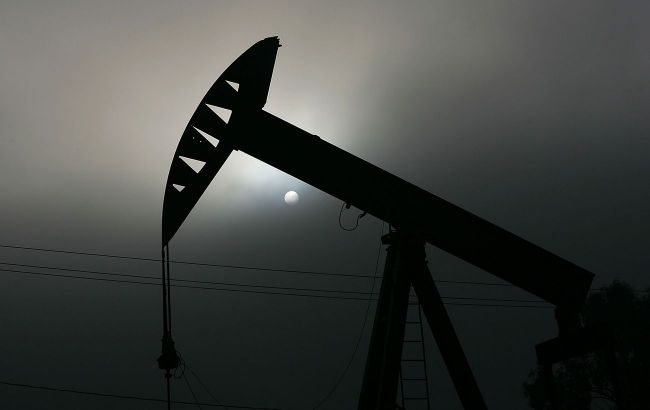Price cap on Russian oil works, reducing Kremlin's revenue, says U.S.
 Price cap on Russian oil works, reducing Kremlin's revenue (Getty Images)
Price cap on Russian oil works, reducing Kremlin's revenue (Getty Images)
The price cap on Russian oil imposed by the United States and its allies continues to work, reducing the Kremlin's revenue, according to acting Assistant Secretary for Economic Policy Eric Van Nostrand, Bloomberg reports.
"Since the middle of July, Russia’s flagship Urals crude has been quoted above $60 a barrel, while some refined oil products have climbed above the cap set by the US, Group of Seven nations and European Union," the article states.
Nostrand says that the U.S. is happy to see Russia keeping the market well-supplied, and it doesn’t want to “disrupt the global oil market in a way that could lead to instability
“Nine months into implementation, the cap is working,” he said, adding that the policy has reduced Russia’s revenue, and any breaches will be looked at by enforcement agencies from the U.S. and allies.
How the U.S. assesses the effectiveness of these sanctions
Nostrand also says the U.S. is judging the policy’s performance by whether it’s allowing buyers across the world to negotiate bigger discounts for Russian supplies.
“We don’t measure its success just by how many molecules of oil travel under the cap specifically,” Van Nostrand said. “We view it as a market mechanism for changing the oil market’s incentives.”
Price cap
Since December 5, 2022, the European Union has imposed an embargo on the import of Russian marine oil. In addition, G7 states and Australia have imposed a price cap of $60 per barrel for Russian oil.
The price capprohibits Western companies from providing services such as transportation, insurance, and financing for oil that is sold above the established limit.
The administration of U.S. President Joe Biden is ready to expand contacts with Western trading houses, insurers, and tanker owners and remind them of the need to adhere to the price cap on Russian oil.

